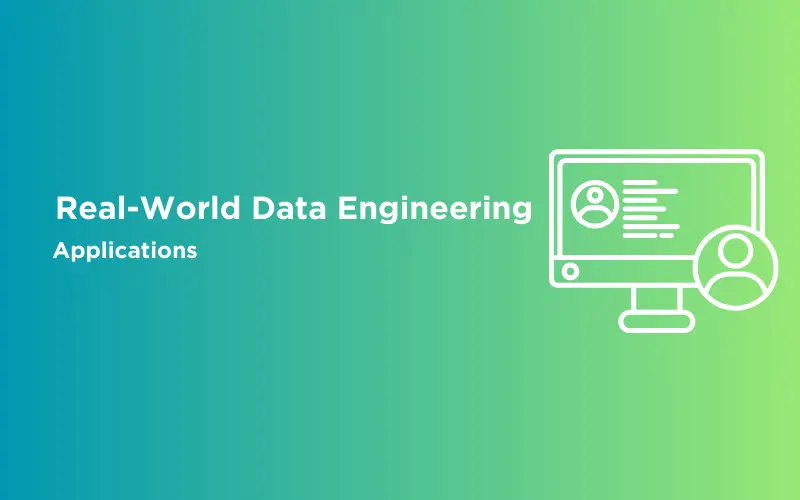
9 Amazing Real-World Data Engineering Applications Around Us!
Mar 18, 2025 4 Min Read 4967 Views
(Last Updated)
Have you ever wondered how your online shopping preferences are magically transformed into personalized product recommendations? Or how autonomous vehicles navigate through complex environments with remarkable precision? These are the real-world data engineering applications that make our lives easier.
Data engineering ensures that the raw data is transformed into actionable insights that shape industries and revolutionize the way we live. In a data-driven age, the real-world applications of data engineering are as boundless as our imagination.
You will learn the profound impact of data engineering in diverse domains, exploring how it helps in innovation, enhances efficiency, and pushes us into an era of limitless possibilities. Let’s get started
Table of contents
- Real-world Data Engineering Applications
- E-commerce Supply Chain Optimization:
- Energy Consumption Monitoring
- Urban Traffic Management
- Financial Portfolio Management
- Airline Operations Optimization
- Personalized Marketing Campaigns
- Autonomous Vehicles
- Customer Behavior Analytics
- Personalized Healthcare
- Conclusions
- FAQ
- What is data engineering?
- What skills do data engineers need?
- What role does data engineering play in data security?
- What are some common tools used in data engineering?
- What's the difference between data engineering and data science?
Real-world Data Engineering Applications

Data engineering is a rapidly growing field with numerous real-world applications across various industries. Here are the 9 prominent data engineering applications:
1. E-commerce Supply Chain Optimization:

In the world of E-commerce Supply Chain Optimization, data engineering takes center stage by orchestrating the seamless flow of data across suppliers, warehouses, transportation networks, and customer demands.
Data engineers design and implement sophisticated pipelines that harmonize diverse data sources, including inventory levels, order histories, shipping routes, and market trends.
By preprocessing, transforming, and integrating this data, they provide the foundation for accurate demand forecasting, inventory management, and efficient delivery logistics.
This data-driven approach empowers E-commerce companies to enhance operational efficiency, minimize costs, and elevate customer satisfaction by ensuring products are readily available, shipped promptly, and delivered reliably.
Before we move to the next part, you should have a deeper knowledge of data engineering concepts. You can consider enrolling yourself in GUVI’s Big Data and Cloud Analytics Course, which lets you gain practical experience by developing real-world projects and covers technologies including data cleaning, data visualization, Infrastructure as code, database, shell script, orchestration, cloud services, and many more.
Additionally, if you would like to explore Data Engineering and Big Data through a Self-paced course, try GUVI’s Data Engineering and Big Data self-paced course.
2. Energy Consumption Monitoring
Data engineering plays a pivotal role in capturing, processing, and deriving insights from the vast stream of data generated by smart meters and energy sensors.
Data engineers construct robust pipelines that gather real-time energy consumption data from these devices, harmonizing information on usage patterns, peak demand periods, and anomalies.
By aggregating and preprocessing this data, they enable utilities and energy companies to analyze trends, forecast energy demand, and optimize distribution networks.
This data-driven approach not only empowers efficient energy management and load balancing but also supports consumers in making informed decisions to reduce consumption and contribute to sustainable energy practices.
3. Urban Traffic Management
Data engineering plays an important role in managing urban traffic by orchestrating the aggregation, processing, and analysis of data from diverse sources, including traffic sensors, cameras, and GPS devices. D
Data engineers design pipelines that can collect real-time traffic data, transforming it into actionable insights for city planners and traffic management systems.
By integrating and analyzing this data, they enable accurate real-time traffic monitoring, congestion prediction, and dynamic traffic signal optimization.
This data-driven approach empowers cities to alleviate traffic congestion, enhance transportation efficiency, and provide smoother commuting experiences for residents, ultimately contributing to the development of smarter, more livable urban environments.
4. Financial Portfolio Management
In the context of Financial Portfolio Management, data engineering plays a crucial role in aggregating, processing, and analyzing vast amounts of market data, economic indicators, and financial news.
Data engineers make sure to gather real-time and historical data from various sources, enabling portfolio managers to make informed investment decisions. By preprocessing and integrating this data, they support sophisticated analytics, risk assessment, and portfolio optimization strategies.
This data-driven approach enhances the accuracy of investment models, facilitates timely adjustments to market conditions, and empowers financial institutions to achieve more effective and profitable portfolio management, ultimately benefiting both investors and the organization’s bottom line.
5. Airline Operations Optimization
When it comes to Airline Operations Optimization, data engineering has an important role in harnessing and processing an array of critical data sources, including aircraft systems, air traffic control, weather forecasts, and crew scheduling.
Data engineers design robust pipelines that seamlessly aggregate and preprocess this data, providing a comprehensive overview of flight operations.
By analyzing this integrated information, they empower airlines to make data-driven decisions on optimal flight routes, fuel consumption reduction strategies, crew assignments, and on-time performance improvements.
This data-driven approach enhances operational efficiency, minimizes disruptions, and ensures a smoother travel experience for passengers, ultimately contributing to improved airline profitability and customer satisfaction.
6. Personalized Marketing Campaigns

Data engineering serves as the foundation for crafting tailored and impactful outreach. Data engineers construct sophisticated pipelines that collect and consolidate customer data, encompassing purchase history, browsing behavior, demographic information, and engagement metrics.
By processing and analyzing this integrated data, they enable businesses to segment their audience effectively, create highly targeted campaigns, and deliver personalized content that resonates with individual preferences.
This data-driven approach enhances customer engagement, increases conversion rates, and fosters brand loyalty, ultimately translating into improved marketing ROI and customer satisfaction.
7. Autonomous Vehicles
Data engineering is essential for enabling safe and efficient autonomous navigation. Data engineers design and implement complex pipelines that gather, preprocess, and integrate data from a myriad of sensors, including lidar, radar, cameras, GPS, and IMUs.
By ensuring real-time processing and fusion of this sensor data, they provide a comprehensive and accurate perception of the vehicle’s surroundings, contributing to real-time decision-making and safe navigation.
This data-driven approach is critical for autonomous vehicles to understand their environment, detect obstacles, identify traffic patterns, and ultimately achieve the level of precision required for safe self-driving operation, thereby revolutionizing the future of transportation.
8. Customer Behavior Analytics
Data engineering forms the backbone for understanding and leveraging customer interactions. Data engineers construct intricate pipelines that gather data from diverse touchpoints, including online transactions, social media engagement, app usage, and customer support interactions.
By processing and integrating this data, they create a unified view of customer behavior, enabling businesses to analyze trends, preferences, and sentiment.
This data-driven approach empowers companies to tailor marketing strategies, optimize user experiences, and make informed decisions to enhance customer satisfaction, drive sales, and ultimately foster long-term relationships, leading to business growth and competitive advantage.
9. Personalized Healthcare

In the domain of Personalized Healthcare, data engineering plays a pivotal role in aggregating and processing diverse patient data, including electronic health records, medical images, wearable device readings, and genetic information. Data engineers design sophisticated pipelines that integrate this data, ensuring its quality, security, and accessibility.
By preprocessing and harmonizing this integrated data, they enable healthcare professionals to generate personalized treatment plans, facilitate remote patient monitoring, and conduct advanced medical research. Merative is one tool that helps healthcare organizations track data.
This data-driven approach enhances diagnostic accuracy, enables timely interventions, and supports the development of innovative healthcare solutions, ultimately leading to improved patient outcomes and a more effective healthcare ecosystem.
These are just a few examples of the many real-world applications of Data engineering. As the field continues to evolve, new applications are continually emerging, impacting almost every aspect of our daily lives and industries.
Kickstart your career by enrolling in GUVI’s Big Data and Cloud Analytics Course where you will master technologies like data cleaning, data visualization, Infrastructure as code, database, shell script, orchestration, and cloud services, and build interesting real-life cloud computing projects.
Alternatively, if you want to explore Data Engineering and Big Data through a Self-paced course, try GUVI’s Data Engineering and Big Data Self-Paced course.
Conclusions
In conclusion, the applications of Data engineering have revolutionized industries and transformed the way we live, work, and interact.
The ability to extract meaningful patterns, predict outcomes, and optimize processes has led to improved efficiencies, enhanced customer experiences, and more sustainable practices.
Data Engineering is playing a definite role in almost every industry and it will definitely grow more in the future. It is important to stay up to date with its trends by reading online blogs related to data engineering and taking online courses from certified organizations.
Embracing Data Engineering’s potential empowers us to navigate an increasingly data-driven world, propelling us toward a brighter, data-informed future.
FAQ
Data engineering is the process of designing, building, and maintaining data pipelines, databases, and infrastructure to facilitate the collection, storage, processing, and analysis of data.
Data engineers need skills in programming (Python, Java, etc.), database management, ETL processes, data modeling, cloud platforms, and big data technologies.
Data engineers implement security measures and access controls to protect data, ensuring compliance with data protection regulations.
Common tools include Apache Spark, Hadoop, ETL frameworks like Apache NiFi, and cloud platforms like AWS, GCP, or Azure.
Data engineering focuses on data infrastructure and pipelines, while data science involves analyzing data to derive insights.















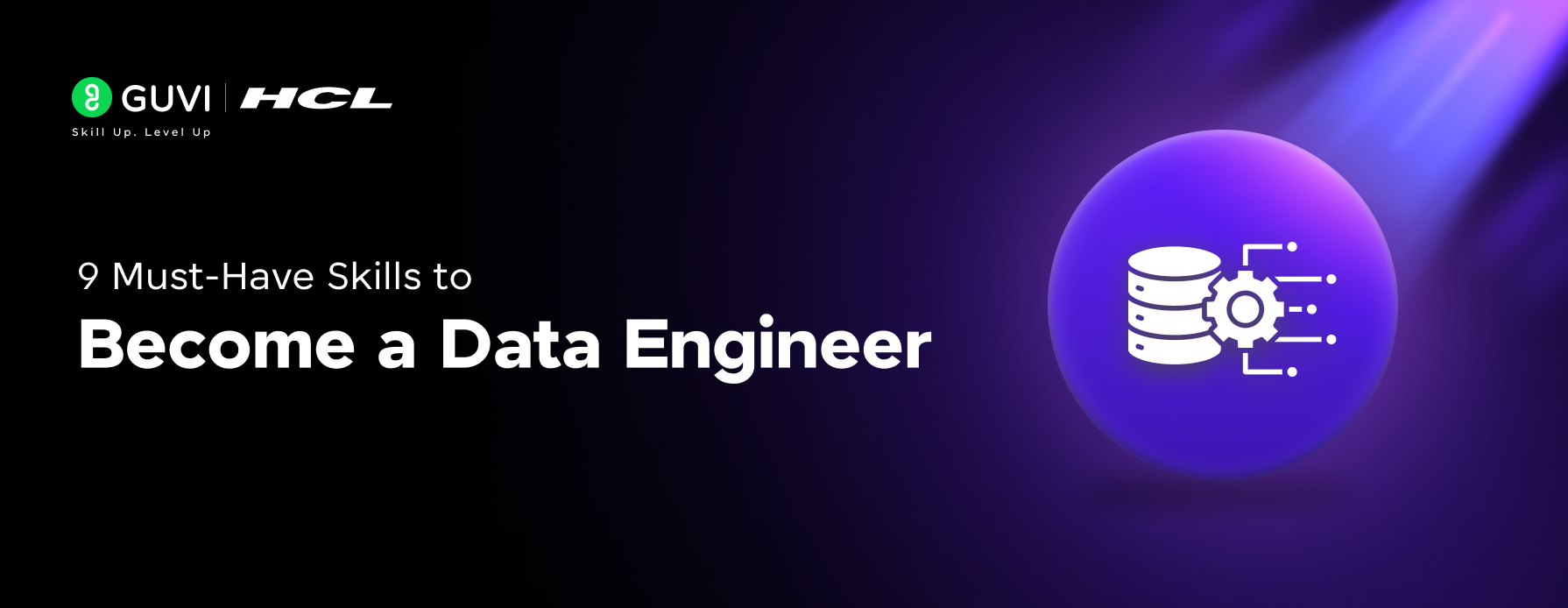

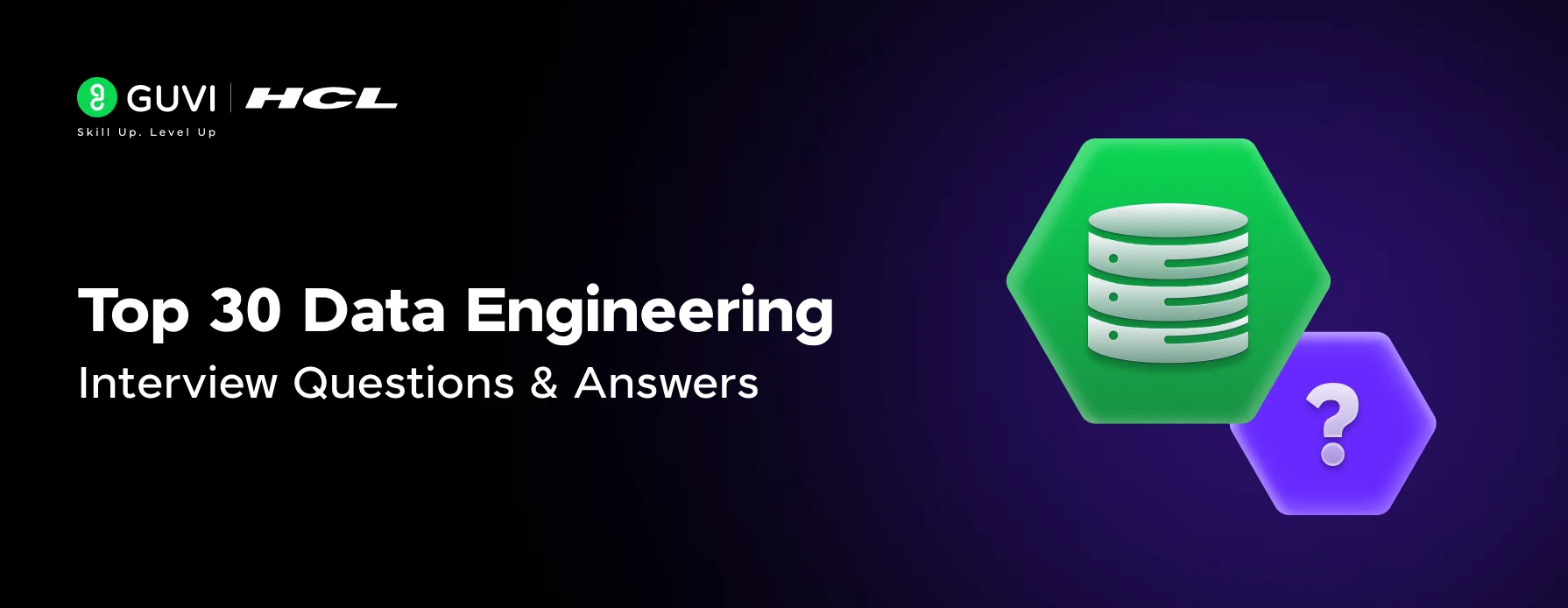
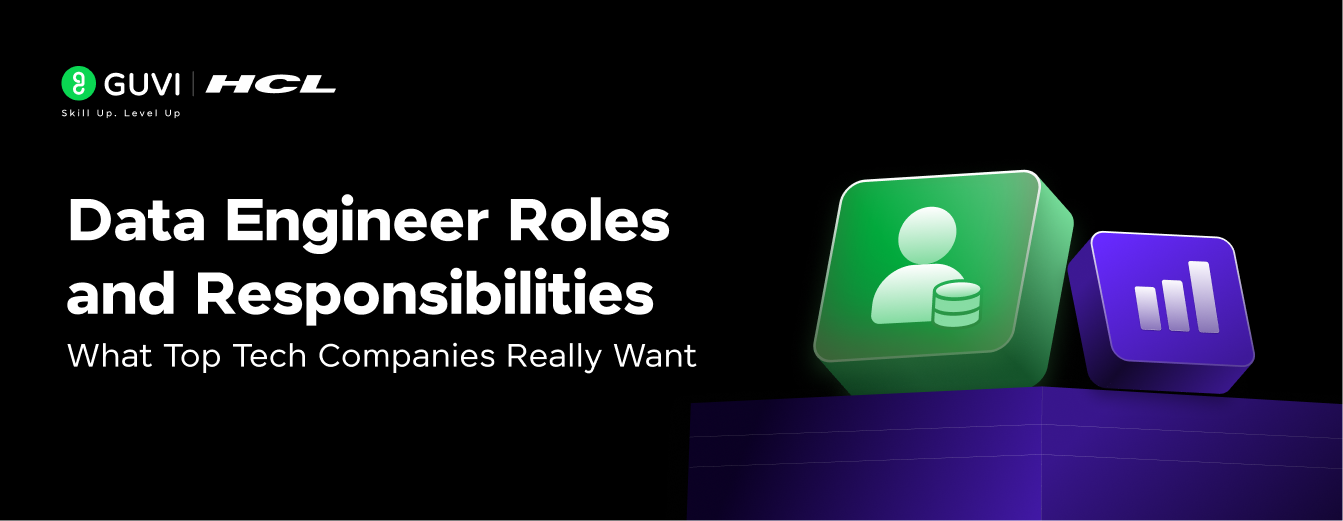
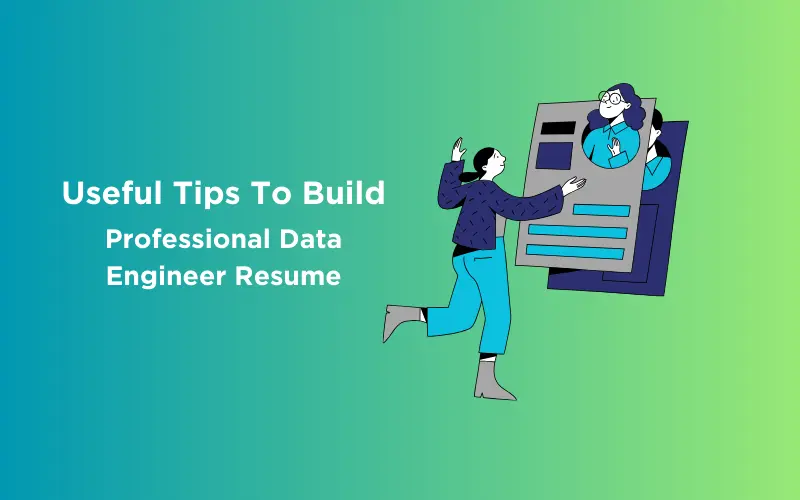

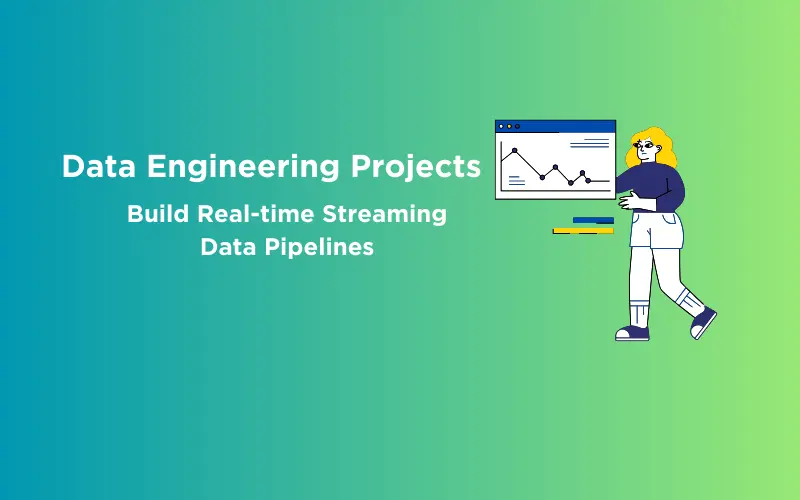
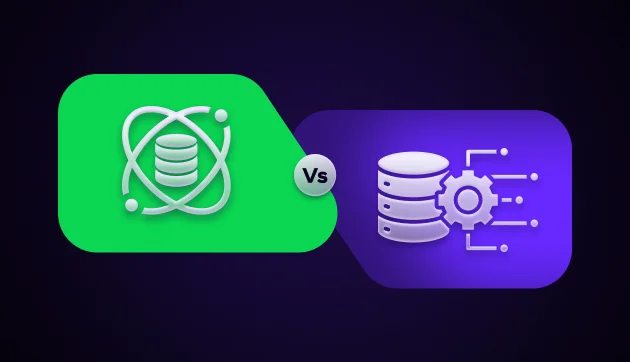

Did you enjoy this article?